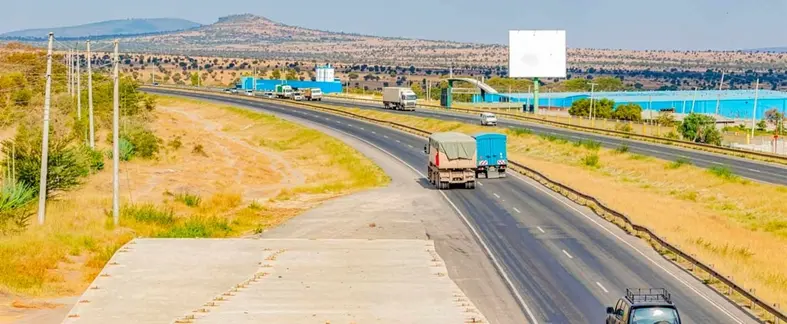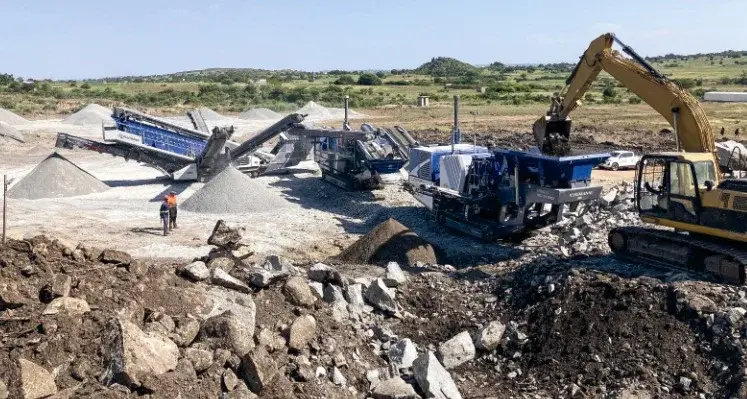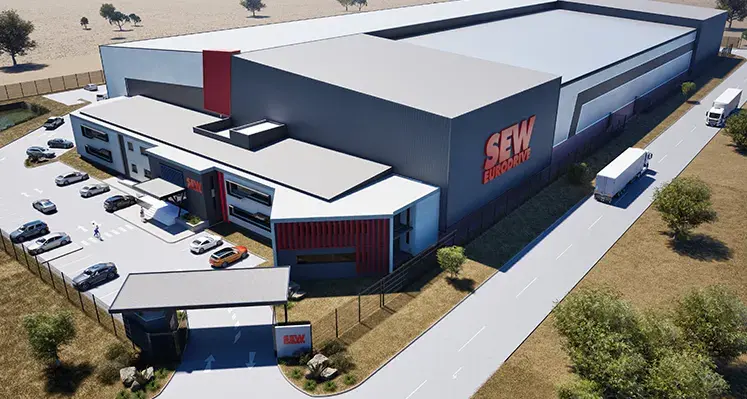
The African Development Bank is helping improve transport connectivity in Somalia. (Image source: AfDB)
The African Development Bank Group’s Board of Directors has approved an additional US$76.37mn to support Somalia’s Road Infrastructure Programme, which forms part of the wider Horn of Africa corridor initiative connecting Somalia with Djibouti and Ethiopia
The supplementary financing includes US$49.16mn from the African Development Fund, the Bank Group’s concessional financing arm, alongside US$27.21mn from the Transition Support Facility, which is dedicated to assisting countries affected by fragility and conflict.
This Programme is focused on enhancing transport links within Somalia and improving connectivity with neighbouring countries across the Horn of Africa. By strengthening road networks, the initiative seeks to boost cross-border trade, promote regional integration and contribute to greater stability in the region.
According to Mike Salawou, Director of Infrastructure and Urban Development at the Bank Group, the need for additional funding reflects the project’s expanded ambitions. “The Programme has evolved from minimal interventions to full road upgrades, enabled by improved designs and the integration of new components, including bridges, additional road sections, and trade facilitation measures, social infrastructure to maximise the benefit for the local community,” he said.
The funding will be used to upgrade two priority road corridors. These include a 15 km section linking Zeila to Asha Addo in Somaliland, as well as a 22 km stretch between Beled Weyne and Kalabeyr in Hirshabelle State.
Beyond road construction, the Programme incorporates community-focused development and resilience measures. Planned activities include improving access to essential services through the development of boreholes, refurbishing classrooms for use as skills training centres, building markets and storage facilities, and rehabilitating health centres.
To further stimulate economic growth, the initiative will also support cross-border trade by strengthening assistance for small traders and enhancing customs and trade management capacity. Measures include introducing a simplified trade regime between Somalia and Ethiopia for small-scale traders and expanding Somalia’s automated customs system to improve efficiency and modernise procedures.










 The new service centre will even conduct work on gear units from other manufacturers, he notes, given the depth of the experience and infrastructure at SEW-EURODRIVE’s new world class service and repair facility. Over 65 additional technical staff are in the process of being brought on board at the site including engineering managers, field service engineers and artisans in various specialised disciplines.
The new service centre will even conduct work on gear units from other manufacturers, he notes, given the depth of the experience and infrastructure at SEW-EURODRIVE’s new world class service and repair facility. Over 65 additional technical staff are in the process of being brought on board at the site including engineering managers, field service engineers and artisans in various specialised disciplines.




